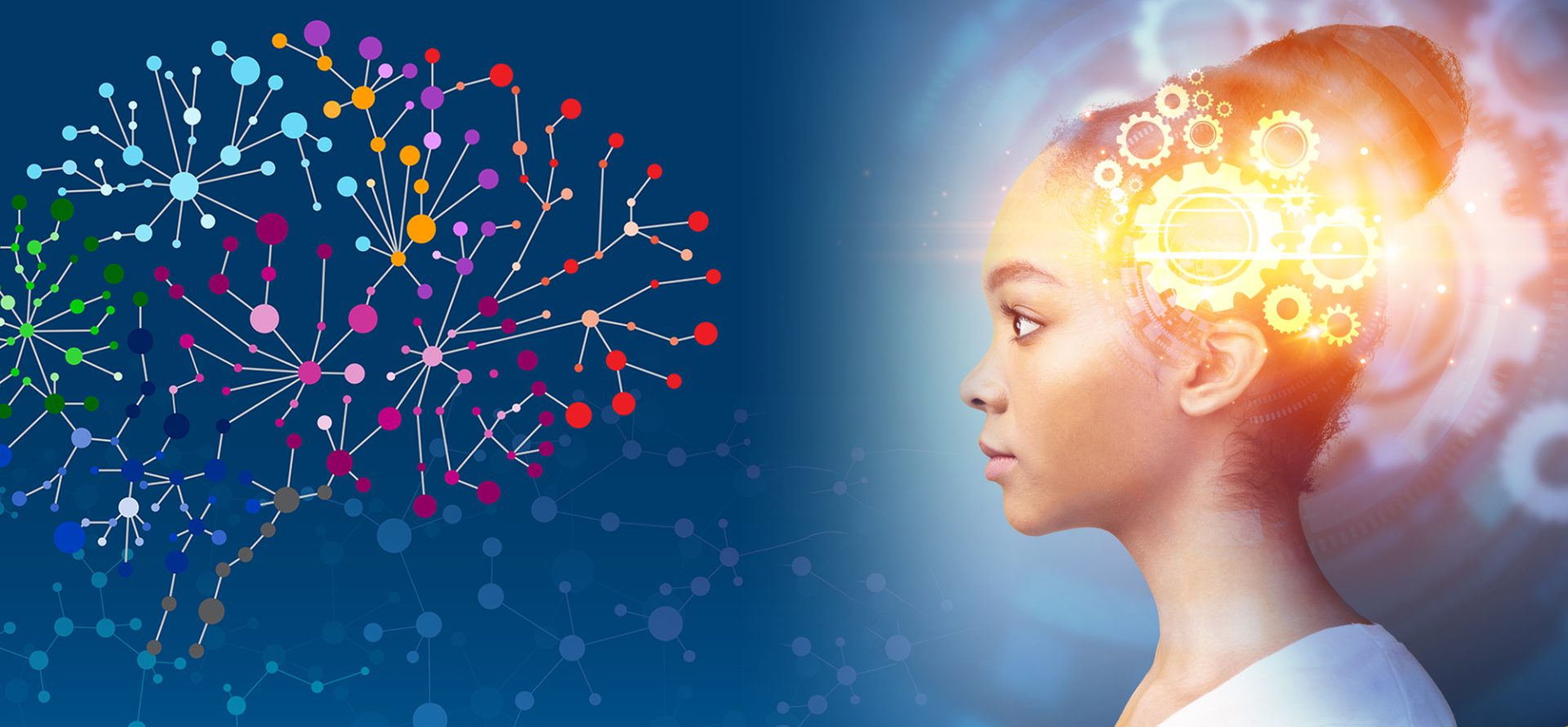
临床前成像推动神经科学发展
提升对大脑发育、结构和功能的了解
通过对大脑微观结构、血管和活动的检测,以及这些因素如何受到神经和精神疾病的影响,神经成像工具的进步使越来越多的复杂问题得到解决。临床前小动物成像的价值已被充分证明,能够提供高水平的敏感性和特异性,以及在临床环境中无法实现的研究设计。可用的成像方法的范围几乎与要解决的生物问题的数量一样多,而且两者都在不断增长,因为新的应用需要新的方法,而新的方法又开辟了新的应用途径,两者相互推动。
临床前成像网络研讨会回看

通过对大脑微观结构、血管和活动的检测,以及这些因素如何受到神经和精神疾病的影响,神经成像工具的进步使越来越多的复杂问题得到解决。临床前小动物成像的价值已被充分证明,能够提供高水平的敏感性和特异性,以及在临床环境中无法实现的研究设计。可用的成像方法的范围几乎与要解决的生物问题的数量一样多,而且两者都在不断增长,因为新的应用需要新的方法,而新的方法又开辟了新的应用途径,两者相互推动。
临床前成像网络研讨会回看